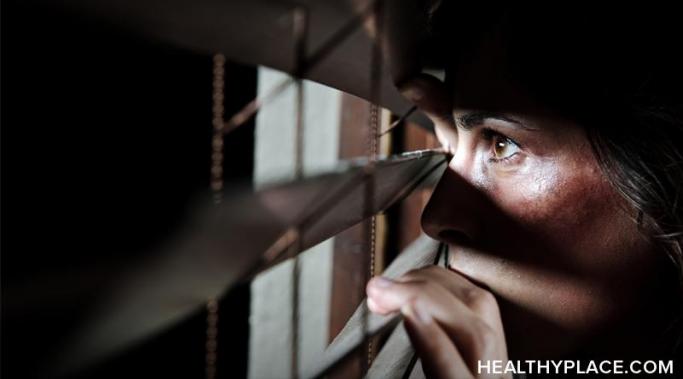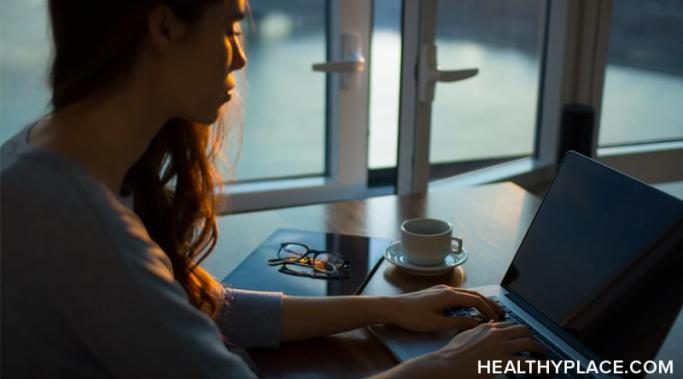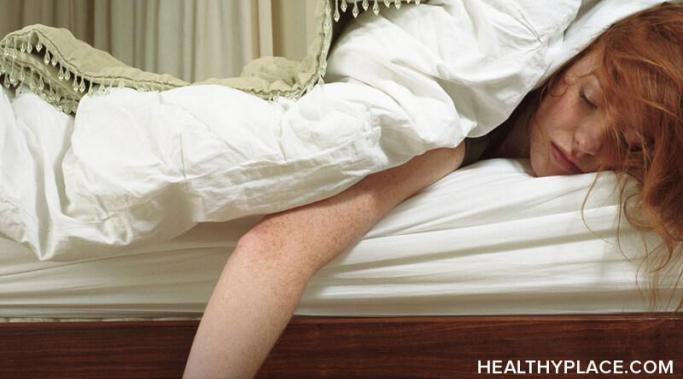Blogs
Surviving mental health stigma during awareness efforts might seem like the last thing anyone would need to do. After all, awareness efforts are designed to foster honest conversation and combat the stigma around mental health and mental illnesses. Despite the good of these efforts, however, there are still ways that people might be negatively impacted by them.
Sometimes building stronger self-esteem is about letting go of things that have been with us for much of our life. In addition to adding new skills to our tool kit, it's important to look carefully at the people, things, and attitudes that we carry with us from the past and decide if they are still relevant to who we are today and who we want to be in the future.
As Halloween approaches, the pandemic has made many people nervous about celebrating it. After all, most trick-or-treaters do not understand the concept of social distancing. That is why it is very important for teenagers and adults to set a good example by following social distancing rules and teach children to do the same. Here are some ways to cope with Halloween anxiety and reduce the spread of COVID-19.
How are you doing with anxiety in this "new normal?" It's been several months now since COVID-19 began greatly impacting our world and increasing anxiety for so many. There have been so many changes in everyone's lives. Regardless of your situation, every person has been impacted by COVID-19 in some way.
After not hearing schizoaffective voices since February, I heard them twice in late August on a family trip. I thought I could just chalk it up to being away, but then I heard them again last night at home, on September 22. I am heartbroken.
Who doesn't want more happiness? But when you feel like you need a change and don't know which way to turn, life can feel nothing short of confusing and frustrating. I've found that coming back to yourself and focusing on what fuels you can be powerful. When you can settle in and determine what's actually important to you specifically, a world of happiness emerges.
They say what doesn't kill you makes you stronger. Most of the time, this is a positive statement; it helps people make sense of the difficulties they've faced and find something good to take away from some of the worst moments in their lives. But does hurting yourself make you stronger?
In my experience, there is a monumental difference between healthy, relational sex and addictive, compulsive sexual behavior. As a recovering sex addict, I have witnessed firsthand the detrimental impacts of using sex as a means to cope with or numb your emotions. Some might believe that habits such as this are harmless and merely a rite-of-passage for most young adults, but I am here to tell you that unhealthy sexual behaviors do not have to be your normal way of life. You can willfully choose a different path and intentionally decide to utilize sex in a healthy way.
Anxiety can make work or school difficult. A strong sense of perfectionism can make starting and completing tasks daunting, sometimes leading to incomplete work and missed deadlines. Fears about presentations can make life miserable. Even worries about sitting in a quiet room where others can see or hear you or stressful situations with coworkers or classmates can cause anxiety symptoms to skyrocket. The effects of work or school anxiety can make every day miserable or even keep you at home in avoidance. One approach to deal with this is to become a SCUBA diver.
Healthy sleep habits are an essential part of bipolar disorder management. They are also some of the most difficult habits to develop. Proper sleep habits are critical for physical and mental health, but the highs and lows that come with bipolar disorder can make it exceptionally difficult to wind down at the end of the day. Unhealthy sleep patterns can lead to a vicious cycle of mood instability that wreaks havoc in every facet of our lives -- work performance not least among them.









